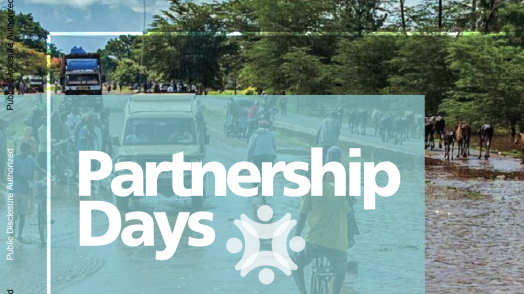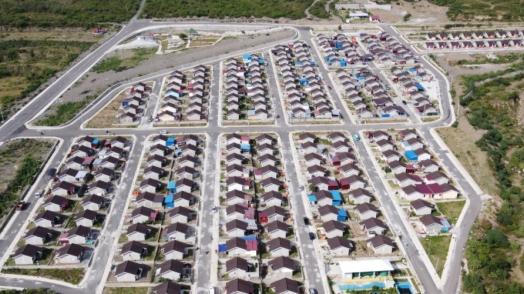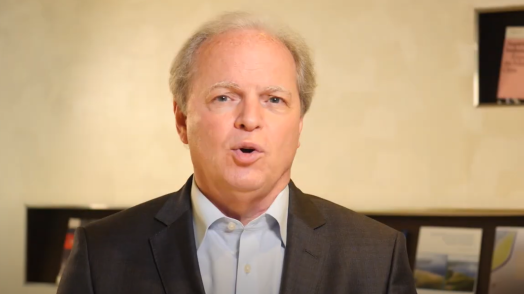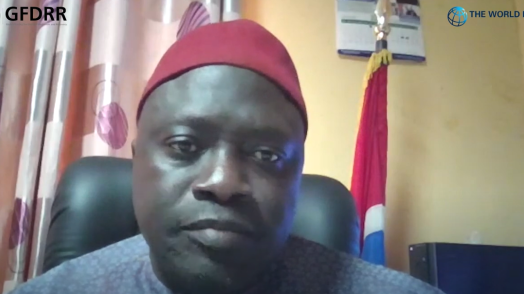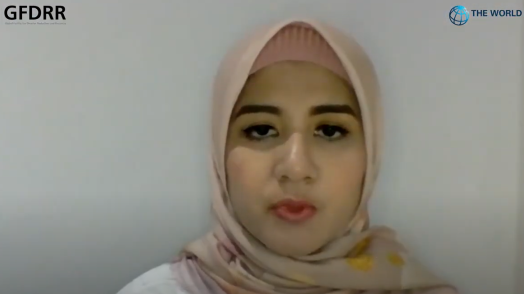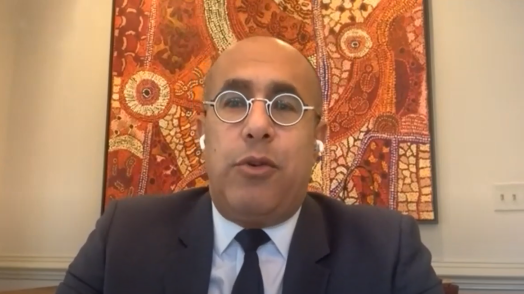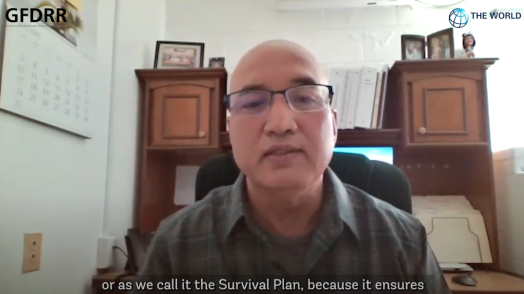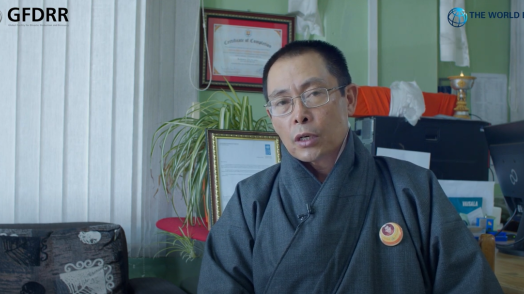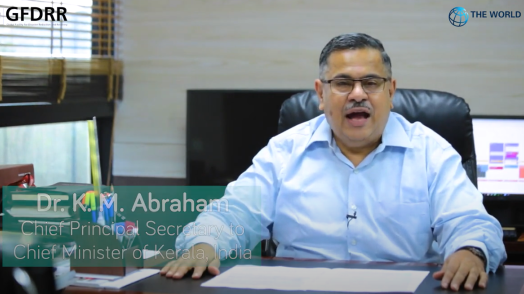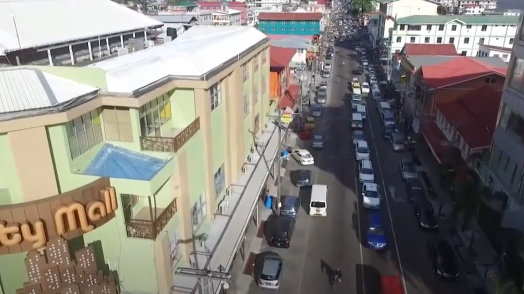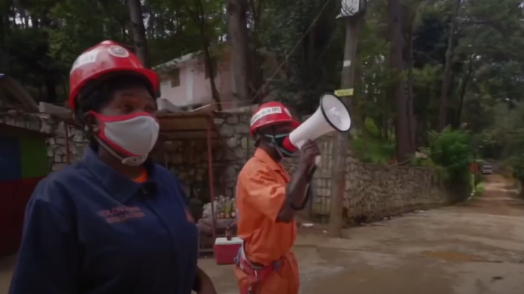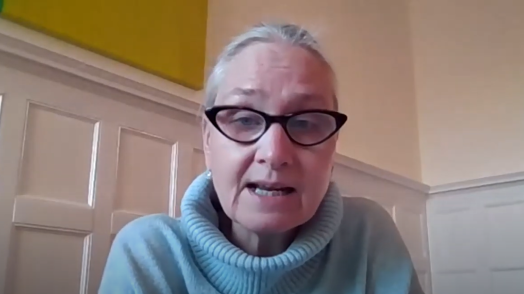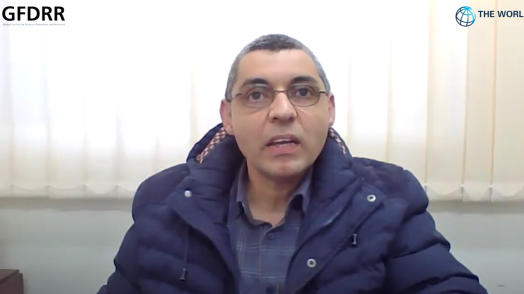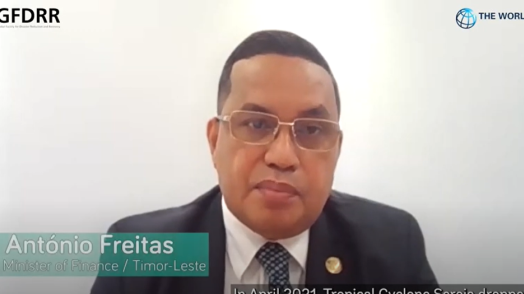Disasters are costly, both to lives and livelihoods. COP26 also confirmed that the climate crisis, which is resulting in a higher frequency and severity of disasters, must be urgently addressed. Given the priority the World Bank Group has placed on emergency preparedness, resilient recovery, and climate change adaptation, GFDRR Partnership Days affirmed the progress made on managing disaster risks, and that together with partner countries, the World Bank Group and GFDRR will continue to seek better, tailored, and sustainable solutions.
Watch replays of the sessions from the Partnership Days.
Featured speakers included high-level representatives from a range of development organizations and partner countries and territories.
In order to thrive and compete in the rapidly changing post-pandemic world, countries must simultaneously address increasing climate impact, strengthen resilience to shocks, and seek green and inclusive growth.
The impacts of disasters do not affect all people equally. Resilience-building efforts must consider the heightened vulnerability of certain groups such as women, girls, persons with disabilities, ethnic and racial minorities, Indigenous Peoples, youth, and other marginalized communities.
An increasing number of countries are affected by recurring natural hazards and protracted crises associated with fragility, conflict and violence (FCV). Accordingly, there is a need to promote collaboration across disaster risk management, conflict prevention and peacebuilding communities to increase resilience to climate and disasters.

Watch the GFDRR Partnership Days Spring 2022 videos playlist on YouTube

